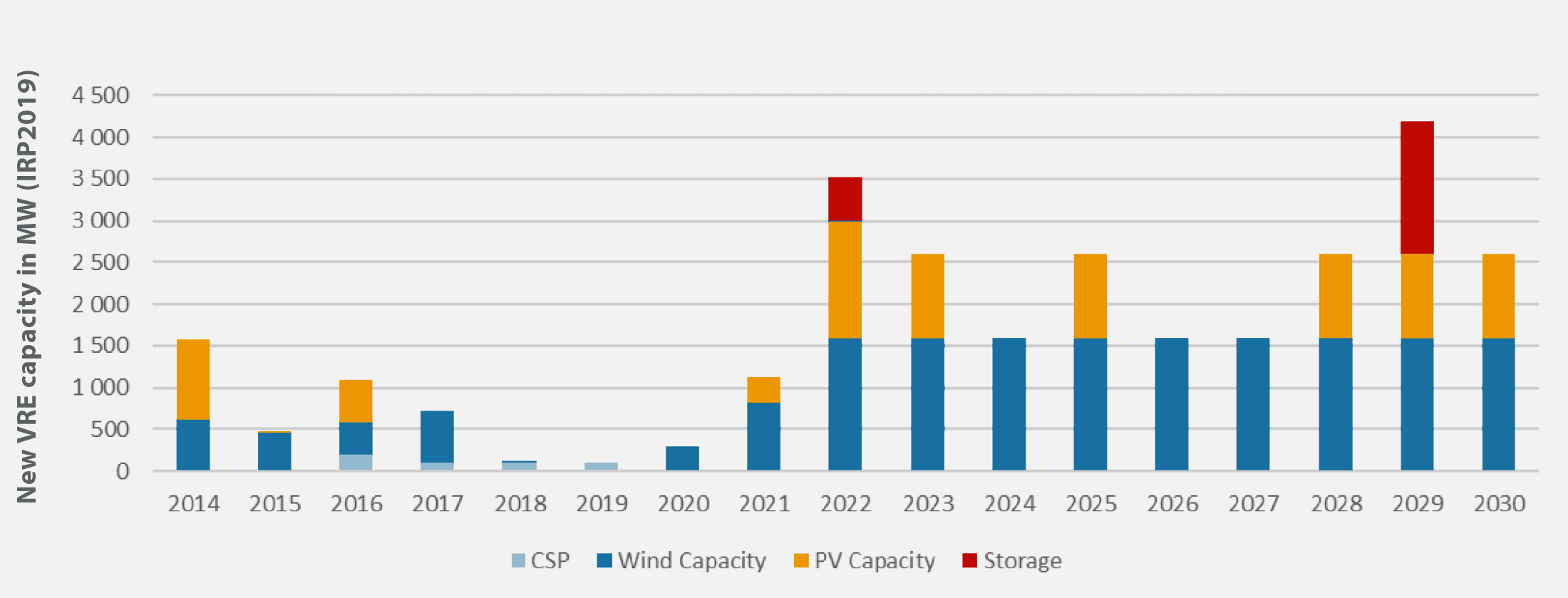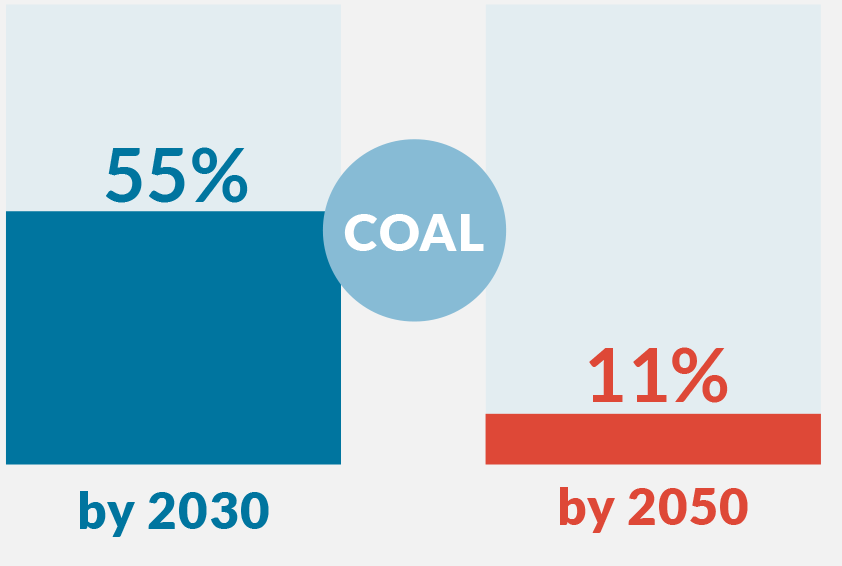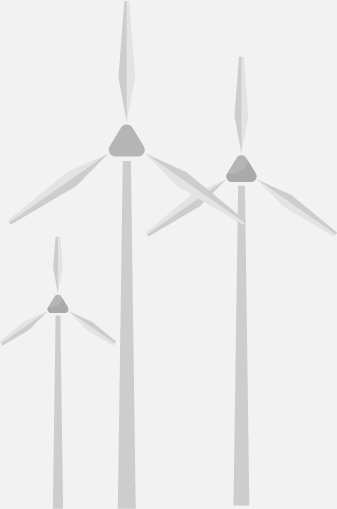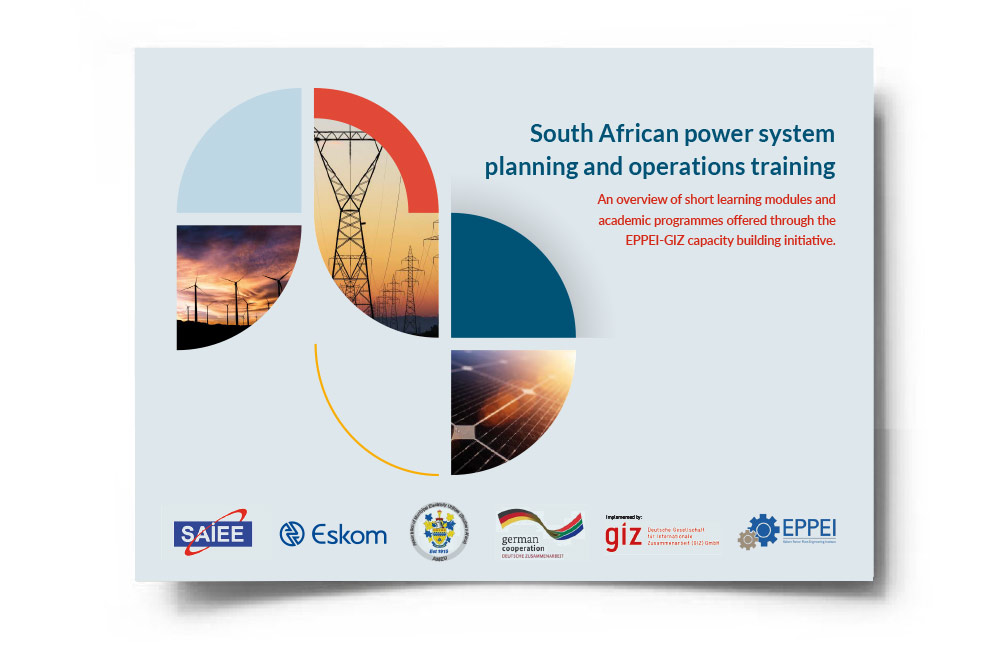Power System Planning and Operations short courses
Variable renewable energy (VRE) will increase significantly in the future South Africa power system.
Planned wind and solar PV generation represent around a third of total installed capacity by 2030 (1). In the same future, traditional carbon-based generation like coal is likely to significantly decrease.

In certain planning scenarios (2) coal represents only 55% of installed capacity by 2030 and 11% by 2050.
From a technical perspective, central will become distributed, with bi-directional power flow, and dispatchable in response to demand will become variable in response to weather.

Given these changes, planners, operators, managers, and regulators will need to be capacitated in the planning and operation of this changing power system. EPPEI responded to this need by developing this programme to build power system planning and operation capacity within South African industry and government, specifically acknowledging a future power system with significantly increased amounts of VRE generation. The programme is funded by the Deutsche Gesellschaft für Internationale Zusammenarbeit (GIZ), and is coordinated by the EPPEI Specialisation Centre for Renewable Energy at Stellenbosch University.

Modules
Overview
Planning & Operations
Technology
